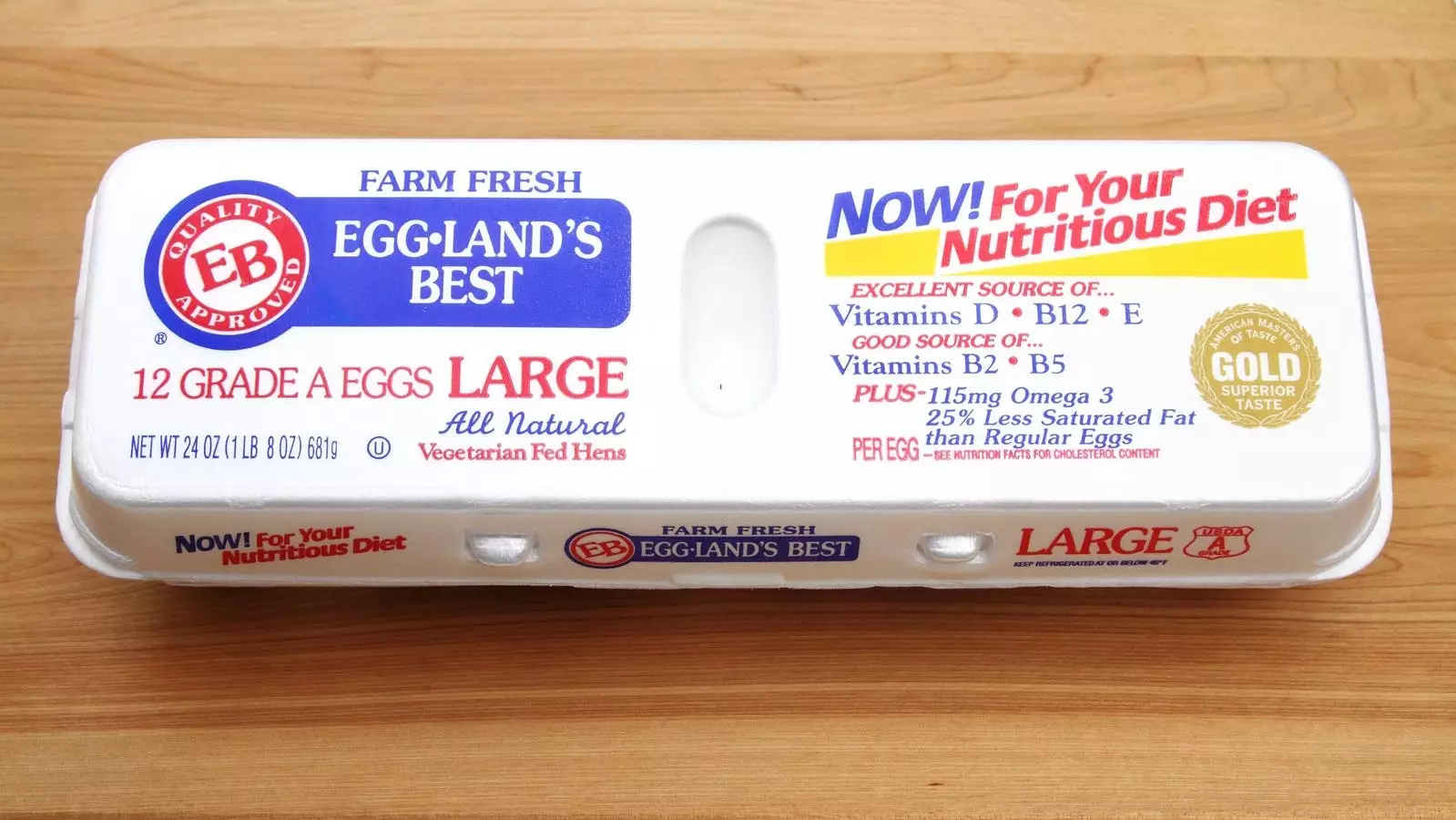In early 2025, rumors began to circulate across social media platforms claiming that Eggland’s Best eggs were facing a widespread recall. This situation ignited panic among consumers, prompting many to check egg cartons frantically, return their purchases, or avoid buying eggs altogether. However, this frenzy was based on misinformation. Fact-checking organizations, such as Snopes, quickly clarified that no official recall had been issued by regulatory bodies like the FDA, USDA, or CDC. The reality, rather, was linked to the lingering impact of avian influenza on certain farms, which, while affecting supply, did not compromise the safety or nutritional value of the eggs on the market.
Understanding why such misinformation gained traction requires a deep dive into the context of food safety perceptions in recent years. In the wake of various food recalls and ongoing supply chain challenges, consumers have grown increasingly vigilant about their food choices. This heightened awareness creates a fertile ground for rumors to flourish, particularly concerning essential commodities such as eggs.
The Avian Influenza Factor
One of the prominent causes cited by Eggland’s Best for the unease around their brand was avian influenza, which had indeed led to a loss of flocks at several farms tied to the brand. This unfortunate reality understandably raised concerns regarding egg availability, contributing to an air of anxiety among consumers. The significant egg shortages earlier experienced, particularly in 2023 when egg prices peaked due to the worst avian flu outbreak in U.S. history, had already scarred the average consumer’s perception of egg reliability.
In January 2023, the average cost of a dozen eggs had skyrocketed to nearly $4.82, leading to empty shelves in many supermarkets. The echoes of those heightened prices and subsequent shortages reverberate as consumers encounter more news regarding regional egg price increases, creating an environment where even a hint of trouble leads to unfounded speculation.
A Culture of Misinformation
The Eggland’s Best recall rumors also highlight a broader trend of misinformation proliferating in the food industry. Despite the absence of a legitimate recall, the perceived threat felt genuine for many, largely due to the recent history of significant food price volatility and safety concerns surrounding various products. The taste for sensationalism and the fear of loss can amplify even the slightest mention of recall or contamination, drawing consumers into an emotional reaction.
The dynamic shifts consumers are making, such as seeking alternative brands or stockpiling, are not merely personal adjustments. They reflect a societal shift towards preemptive behavior in the face of uncertainty. A 2024 study from Purdue University indicates that consumers perceive food prices rising faster than those of other goods, highlighting a noticeable change in shopping behavior. The tendency to closely monitor prices and seek out assurances about food safety illustrates the broader unease present in the food marketplace.
As the landscape of food insecurity evolves, consumers are not merely reacting to current events but are entrenched in a mindset shaped by previous experiences. The fear surrounding food safety has been exacerbated by high-profile recalls, which have brought the issue back into the spotlight. This creates a paradox wherein even groundless rumors can quickly become accepted truths, as anxious consumers search for information and validate their fears.
As Eggland’s Best addressed the rumors directly, providing clarity on the status of their products, it became apparent that the company was aware of the precarious position they found themselves in. Their reassurance about safety did little to quell fears that had already been primed by a culture of concern around food inconsistencies.
The fear surrounding the Eggland’s Best eggs incident serves as an indicative case study in the larger narrative about food security in 2025 and beyond. Once seen as staples of daily life, products like eggs may no longer retain the same connotation of reliability. As consumers grow increasingly conscious of sourcing, pricing, and safety, the implications for the food industry are substantial.
For food producers and retailers, the challenge lies in navigating this new landscape, where information—correct or incorrect—can spread like wildfire. The connection between food price anxiety and the reliability of essential items is a growing concern that necessitates proactive measures. Ensuring transparent communication and clear guidance on food safety can help mitigate the impact of misinformation while fostering trust in the food system.
In retrospect, while Eggland’s Best eggs were not recalled, the accompanying fears highlight a significant shift in consumer behavior. This environment of uncertainty, characterized by consumer anxiety and misinformation, emphasizes the need for vigilance in food purchasing. Ultimately, as food security issues evolve, how the food industry and consumers react will shape the fundamental landscape of food safety and reliance for years to come.


Leave a Reply